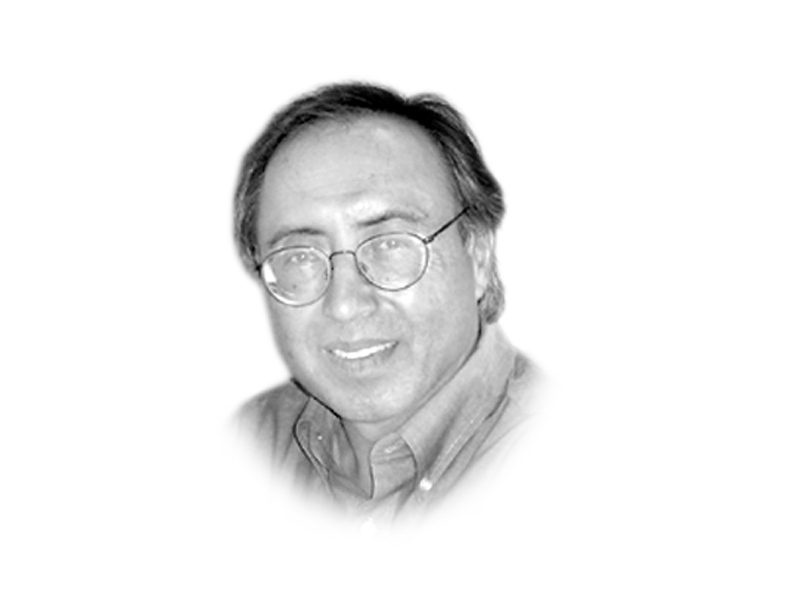
Yet, in another innovative index — the resilience index — Pakistanis appear to be doing well in meeting the challenge of disasters, rating better than other countries. We are on the top of the happiness index, a fact many commentators who see only the dark side of society laughed about and rejected as ‘untrue’. My own sense of Pakistani culture or cultures, in view of regional varieties, is that we are generally content, less ambitious, generous, giving and socially netted in multiple webs of relationships from family to wider circles of caste, tribe and friendships. By any material criterion, happiness in the times of economic recession, unemployment and untellable miseries that we have suffered during this longest democratic tenure would look unrealistic. But being happy is a function of being at peace within; this state of mind doesn’t necessarily depend on one’s accumulation of assets, bank accounts and money at hand to spend freely beyond the necessities of life.
The basic virtues or facts of our social culture also have something to do with our view of the political world: how we relate to our political representatives, political leaders and parties. For decades, whenever elections have been held in this country, we have voted for the same dynastic families, dynastic parties and candidates. We have seen some shifts from one dynastic outfit or sets of candidates to others. One explanation of the ‘resilience’ of dynastic politics is that people in Pakistan have no real choice. If there is any, it is between the two ‘evils’ and they have to choose the lesser one. It is too simplistic a notion to explain the electoral behaviour of Pakistan. It seems to me that relationships at the village and community levels and the culture of courtesy and connectivity matter more than the objective politics of governance or performance at the national level and provincial level in determining the voting behaviour of our populations. In my view, it is the culture of bonding together of both the elites and the laymen that helps build winning coalitions at local and higher levels.
Localism is another layer of Pakistani culture where local interests, minor as these may appear, matter a lot in attracting voters. The candidates that have built up an effective and extensive social network at local levels are the most successful politically. They are most attractive for political parties that offer them nomination and patronage. Culture matters in politics everywhere.

Looking into the future through the cultural lens, there is not much that may change in the year we have just welcomed. But for those hoping to change politics, there is hope in the fact that culture is not fixed in time and can change depending on many variables — technology, economic development or social upheavals and crises.
The politics in the new year will be of a clash of the traditional cultural values of bonding and the message of hope and change. This may also shape the electoral divide in the country.
Published in The Express Tribune, January 3rd, 2013.
COMMENTS (1)
Comments are moderated and generally will be posted if they are on-topic and not abusive.
For more information, please see our Comments FAQ

1732441915-0/BeFunky-collage-(12)1732441915-0-165x106.webp)

1732438802-0/BeFunky-collage-(11)1732438802-0-165x106.webp)








Sirji - It might just pay to know what the happiness index is - before writing about it.